Mpilo doctor shares Covid-19 experience
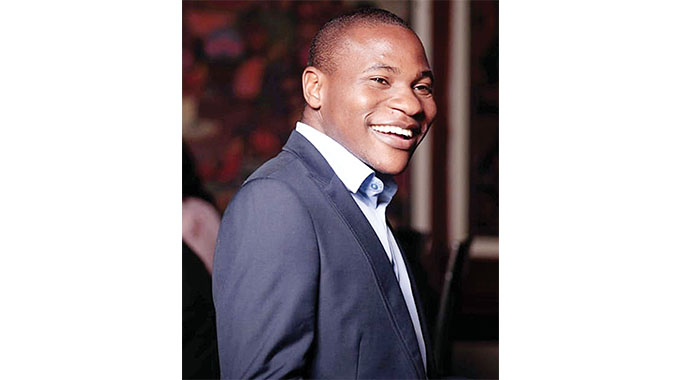
Mashudu Netsianda, Senior Reporter
A MEDICAL doctor at Mpilo Central Hospital, Dr Misheck Ruwende, who was recently diagnosed with Covid-19, shared his gruelling experience following full recovery from the deadly pandemic.
Dr Ruwende was diagnosed with the coronavirus on January 5 after developing what he assumed was an “unexplainable” flu.
Covid-19 has so far claimed more than 2 million lives globally and infected more than 95 million people while above 52 million have recovered. As at Sunday, Zimbabwe had recorded 27 203 confirmed cases, including 16 512 recoveries and 713 deaths.
The surge in new Covid-19 cases has put pressure on resources, resulting in delays in contact tracing and recording of newly recovered cases, leading to a sharp decline in the country’s recovery rate.
The Covid-19 recovery rate has plummeted to 60 percent, down from 92 percent during the first wave of the pandemic.
Posting on his Facebook page, Dr Ruwende narrated how the past few days had been the toughest in his life after contracting the virus.
“On 28 December 2020, I started feeling like I’m having a common cold. On the second day, I felt weak and in the subsequent days, the general body weakness got worse and I developed a mild headache,” he said.
“On the fifth day, the severe general body weakness was now associated with severe body aches and severe pain in my joints and I felt feverish, although the temperature was 37 degrees Celsius. The headache got worse and on day six, I developed sore throat on top of other symptoms which then prompted me to get tested for Covid-19.”
Dr Ruwende said upon testing on the ninth day, the results came out positive.
“I wasn’t shocked (because of) this thing which felt like unexplainable flu. I had already suspected coronavirus and on the 10th day, other symptoms got better but the sore throat persisted, I developed some ulcers in the mouth and throat,” he said.
Dr Ruwende said his sense of smell and taste had disappeared and symptoms started subsiding until day 14 when the mouth ulcers and the sore throat resolved. “The sense of smell is back and sense of taste is almost fully back and I have now fully recovered. Thank you for your best wishes, checking on me and prayers that meant more than money.
I shall extend the same gesture to those battling Covid-19 and other illnesses and I wish them a quick recovery,” he said.
In terms of treatment, Dr Ruwende said he only relied on paracetamol, drinking lots of fluids and eating a lot of fruits.
“I only used paracetamol when I was feeling feverish and headache, resting with a bit of exercising, drinking lots of fluids, remember water is the healthiest beverage, and lots of fruits,” he said.
“I don’t mind people steaming with eucalyptus and zumbani leaves, but be careful not to burn yourself with the hot water, and there is no need for such treatment (steaming) to be used on kids, in any case children usually fight off the virus very well.”
Dr Ruwende said he did not use antibiotics like azithromycin as he was breathing well with his body temperature less than 38 degrees Celsius.
He said not everyone who tests positive or who gets symptoms needs azithromycin, among other antibiotics.
“The STC30 stem cell (an extract from several plants) — I suspect it is another ‘moringa cure for everything’. We are heavily abusing this antibiotic, especially around this time; there is really no need in mild cases,” he said.
“We have few choices of antibiotics already; once they become resistant because of overuse, we will be stuck. Having coronavirus symptoms or testing positive shouldn’t make you panic — calm down. After all, more than 80 percent of people with Covid-19 will have mild or no symptoms.”
Dr Ruwende said in the event of difficulties in breathing, temperature remaining more than 38 for more than three days, it is important to consult a physician, community healthcare personnel or call an ambulance.
“Preventing Covid-19 involves preventing it getting around your face through social distancing, masking up. We don’t need the Government to force us to do that. It is you who will get sick or maybe die — be responsible for yourself and your neighbour,” he said.
Dr Ruwende said although Covid-19 patients are left with some form of immunity, scientists have not yet established how much and for how long they will be immune.
“However, there could be another strain of Covid-19, which may be severe. Therefore, I will keep protecting myself by social distancing, wearing masks and sanitising my hands,” he said.
“Let us continue exercising preventative methods. This disease, although it causes mild or no symptoms to some, is claiming the lives of others. You do not want to get this disease, whether mild, moderate or severe.”
Dr Ruwende said the long-term effects of Covid-19 are not known with some developing the symptoms six months after diagnosis.
He said people who are obese are mostly vulnerable to succumbing to Covid-19.
“According to studies, they have 75 percent more chances to be in ICU (intensive care unit) than normal-weight patients.
“Therefore, this vulnerable group should be well-protected from us and of course they must take utmost effort to prevent getting the disease,” he said.
The recent surge in new infections has witnessed the country recording 5 576 new cases during the first week of the year, up from 1 204 during the last week of December. Zimbabwe will soon take delivery of over three million doses of vaccines worth US$20 million under an African Union-led facility.
More than 270 million jabs will be availed to African countries under the facility. The vaccines will cover the vaccination of 15 percent of Zimbabwe’s population. — @mashnets

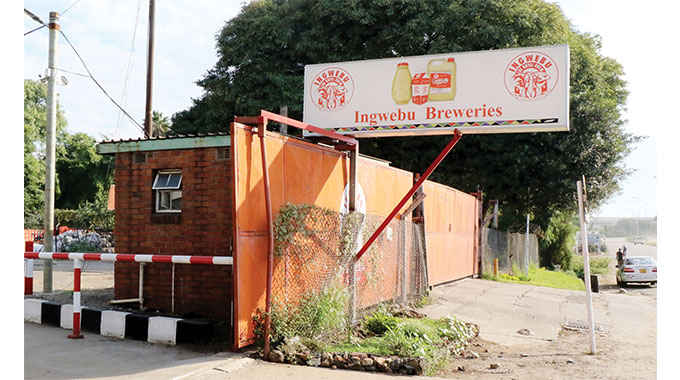
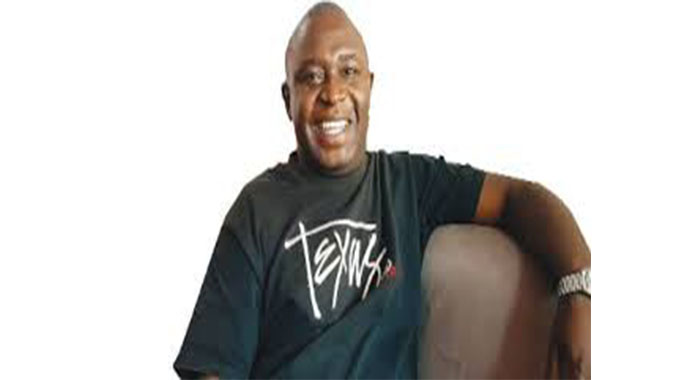
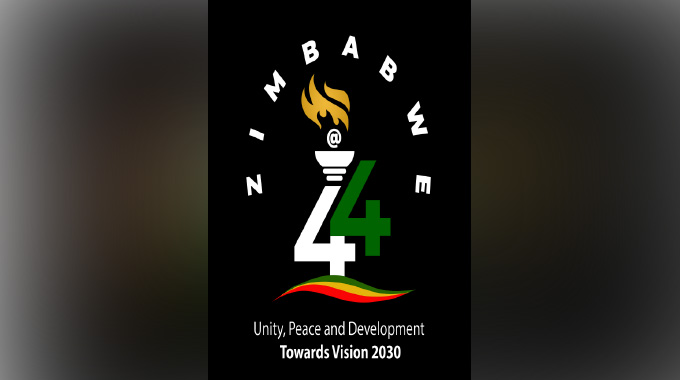
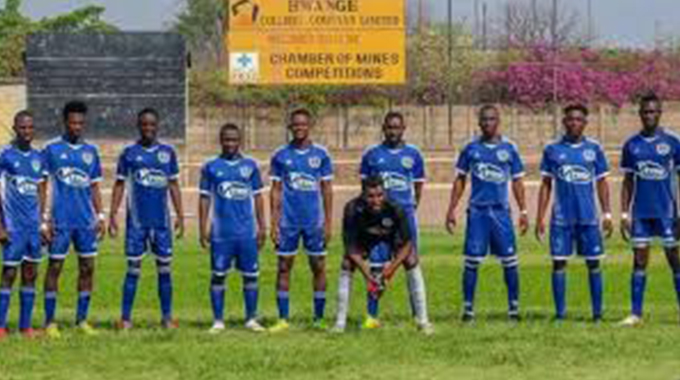






Comments